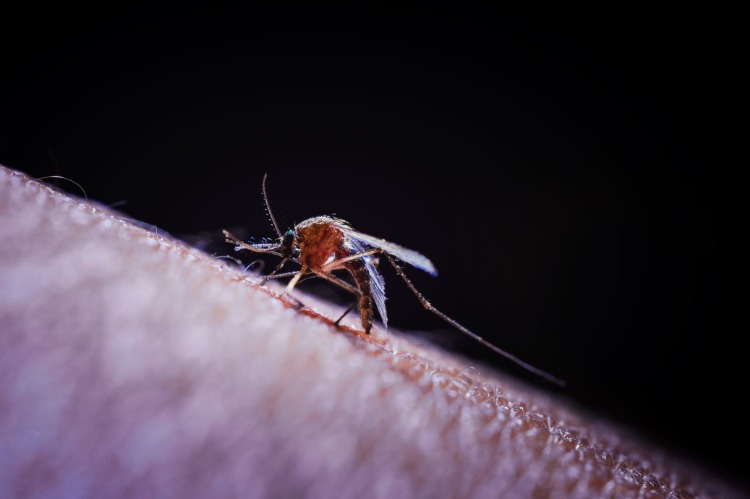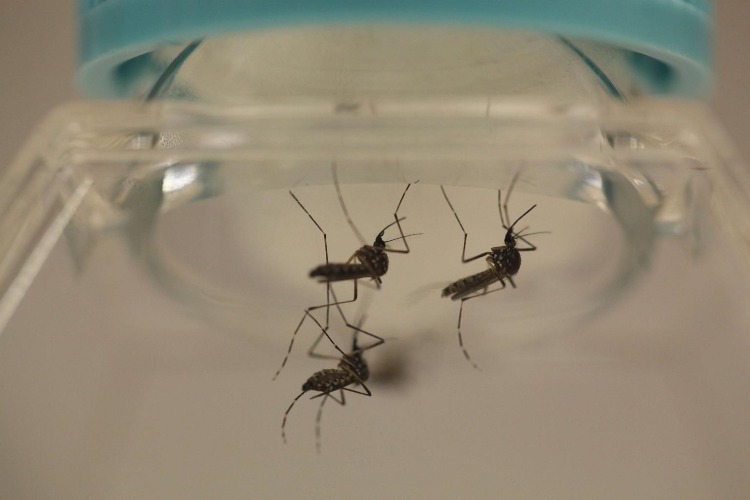Breeding mosquitoes and fighting dengue fever with bacteria
Australian scientists are fighting dengue fever in Indonesia by breeding mosquitoes and infecting them with bacteria. In a lengthy experiment, the incidence of the virus transmitted by the blood-sucking insects was drastically reduced. Researchers at Monash University in Melbourne, who work with scientists in Yogyakarta, Central Java, spent three years infecting local mosquitoes with bacteria known to be unable to transmit the virus to humans.
Breeding mosquitoes infected with bacteria

Known as Wolbachia, the bacteria effectively starve the virus of food. And since the infected mosquitoes multiply with the wild population, their offspring also carry the bacteria. The study’s first key results show that the incidence of dengue fever has fallen by 77 percent in areas where the infected mosquitoes were released. In public health, that percentage has a really big impact. This is what Cameron Simmons, who heads the World Mosquito Program at Monash University, claims. He adds that if this were a vaccine against COVID-19, the researchers would be happy to see a 77 percent effect. The Wolbachia bacterium has persisted at a very high level in the wild population. The beauty of this approach is that it is a one-time method. After preliminary efforts to establish Wolbachia in the mosquito population, it lasts for years without requiring any more work.
Dengue fever is the fastest spreading mosquito-borne disease in the world. It is estimated that 50 million cases occur worldwide each year. The infection can cause bleeding, shock, and death. However, other efforts to control or prevent the virus have consistently failed. As part of the dengue eradication program, the scientists were able to breed mosquitoes and store them in jars. They chose Yogyakarta to try because of its population size and because it is one of the cities worst hit by dengue in Indonesia each year. In addition, Yogyakarta has one of the highest disease rates in the world. Every year up to 8 million Indonesians become infected with the virus and several thousand of them die from it.
Future prospects

The research began in Queensland 10 years ago. Laboratory tests and field studies eventually led to the state being declared dengue free. The results are the most compelling evidence to date that the Wolbachia bacteria significantly reduced the incidence of dengue in a densely populated human environment. The World Mosquito Program is doing similar work in eleven other cities, including trials in Rio de Janeiro. Professor Simmons acknowledged that the complete eradication of dengue would be a longer term given the time it took to breed and release the infected mosquitoes and the cost-effectiveness of such trials in smaller rural areas where dengue was also endemic Dream was. He is optimistic that Wolbachia could hold the key to success.
The post Breeding mosquitoes and fighting dengue fever with bacteria appeared first on Deavita.com | Home ideas, design, hairstyles, make-up, lifestyle, health and beauty tips.
















